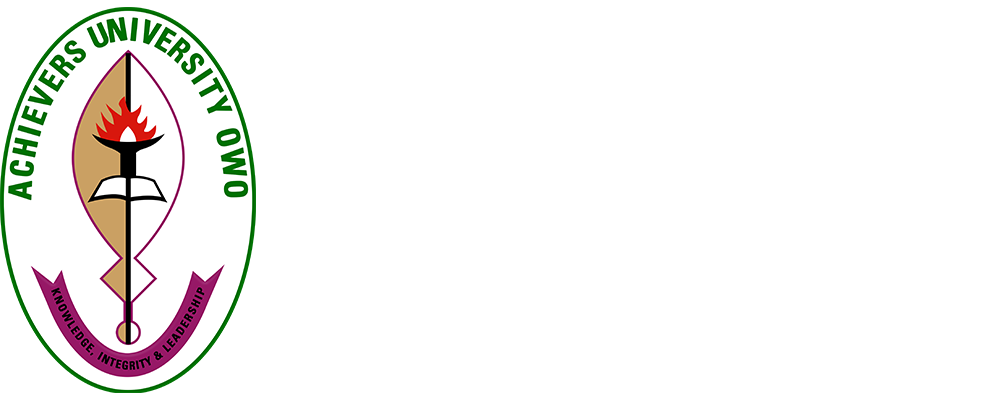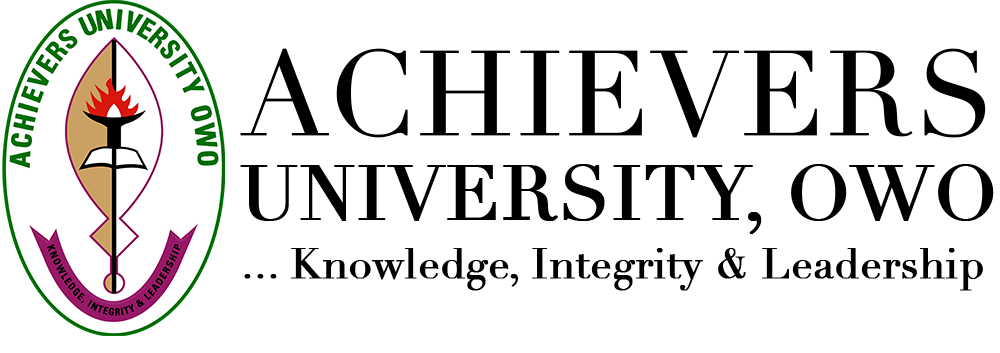On the 15th May, 2024, the students of the college of social and management sciences were opportune to have received an Esteemed guest in the person of PROF. Andrews Ibisesan Ayodele at their college lecture series.
PROF. Andrews is a renowned professor of economics and a chief in OWO, ONDO STATE, Nigeria. He studied Economics in Lagos University, {the current day UNILAG} and graduated 2nd overall best in 1975, he furthered his M.Sc. programme at the university of Ibadan after he was awarded the ROCKY feller scholarship through the recommendations of his department during his B.Sc. He concluded his Ph.D with set 1978 thus making his academic pursuit a total duration of 6 sessions.
Prof. Andrews [ NISER ambassador] delivered a very sensitive topic on the history of Nigeria at the lecture, in his lecture he spoke brilliant on:
THE NIGERIAN CRUDE OIL AND THE VULNERABILITY OF THE GLOBAL CRUDE OIL MARKET
The lecture is divided into 4 sections:
In section 1, He spoke about the BACKGROUND INFORMATIONS OF THE NIGERIAN CRUDE OIL, he spoke about Nigerians blessing of the crude oil, having extracted 36.8b barrels, he also made mention of the NNPC as the establishment the oversees the development of the resources with monopoly powers at the initial stage. The market volatility constitutes one major concern for the future marketability of Nigerians Crude oil resources. In all regards, he explains the paper is an attempt to assess the current global energy technology status to determine the continuous sustainability of the development and marketability of the Nigerian crude oil products.




SECTION TWO- MARKETABILITY OF THE NIGERIAN PETROLEUM RESOURSES
In this section, he analyzed petroleum has the sub- energy sector has become the single most important source of revenue in the country. He mentioned specifically the year 2000, when the crude oil section recorded for about 90% of foreign exchange earnings about 28% of GDP and about 85% of federal government collectable revenue and over 78% of national energy consumption in the country. In this regard, the Nigerian economic system has become unattractive for the promotion of foreign investment particularly, for lack of adequate infrastructural facilities for industrialization.
SECTION THREE—THE TREND OF TECHNOLOGICAL ADVANCEMENT AND THE GLOBAL CRUDE OIL MARKET
PROF. Andrews spoke about the global socio-economic, political and climatic changes in the 1970’s OPEC gripped the crude oil market power to influence crude oil price and the quantum of crude oil in the global market. ‘’The U.S A [Nigerian largest crude oil importer] embark on the development of shale oil which is a perfect substitute to the Nigerian crude oil in term of quality’’. In addition to the incentives created, China invested $600 billion into the establishment of electric energy cars industry while significantly reducing of numbers of licenses made available for fossil powered cars.
SECTION FOUR—-THE POSSIBLE WAY OUT
Given the need to avert the consequences of the possible collapse of the crude oil market, it would be necessary to shift more emphasis on socio-economic and political restructuring of the Nigerian economy, to make it significantly less dependent on crude oil culminating in the diversification of economic activities.




Due to its empowerment, Nigerian should not have lived on imported petroleum and agricultural products. These should stop, reactivating local refineries that outputs to new privately owned refineries like DANGOTE would reinforce for local consumption and importation to African neighboring countries.
In conclusion, Prof. Andrews concluded his lecture explaining that NIGERIA must recognize that the reliance on fossil fuel globally would end, and it would not be lack of crude oil resources but for its irrelevance. Crude oil as a non-renewable energy would be exhausted one day whether or not it is relevant, and Nigeria would come face to face with realities of the problem of her inability to diversify and industrialize.

